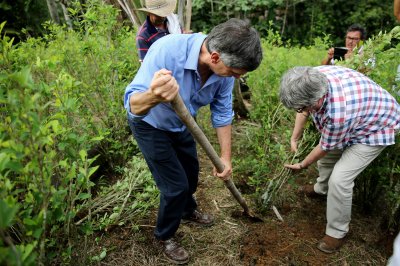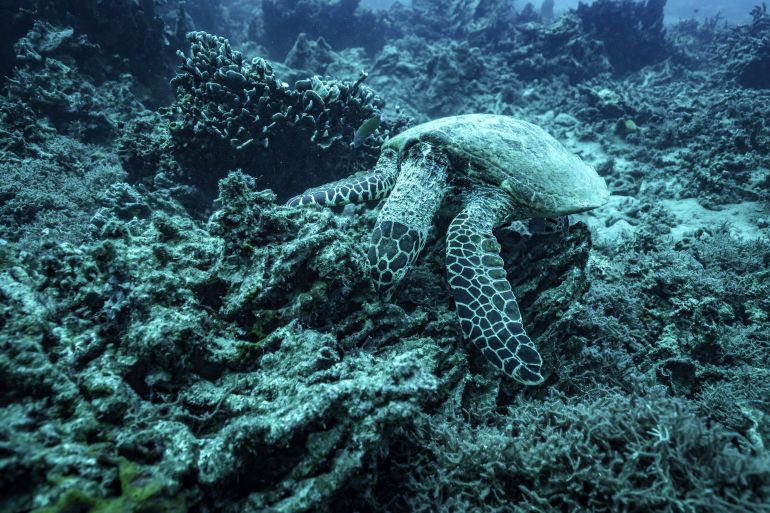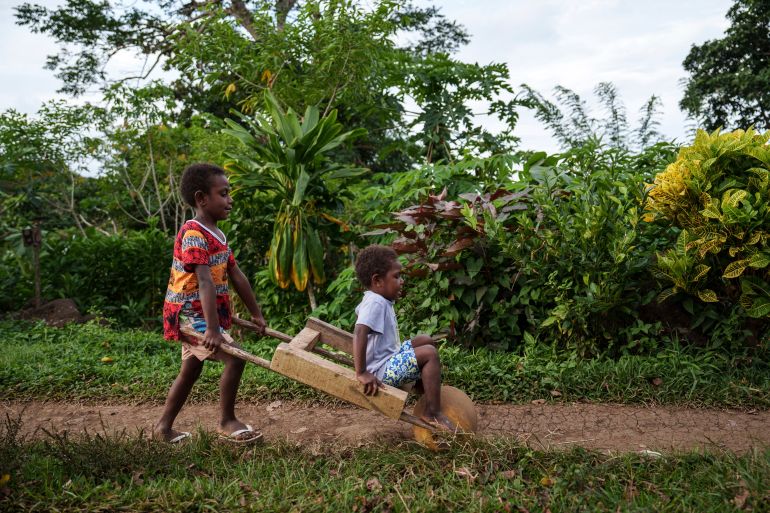Trump: Colombia fails to live up to counter-narcotic obligations

President Donald Trump on Monday added Colombia to a list of countries not fulfilling its counter-narcotic obligations. File photo by Leonardo Munoz/EPA
Sept. 16 (UPI) — President Donald Trump on Monday night added U.S. ally Colombia to a list of countries failing to live up to their counter-narcotic obligations.
The presidential determination states that the South American nation has “failed demonstrably” during the last 12 months to adhere to its international counter-narcotics agreements, as Trump blames the administration of leftist President Gustavo Petro amid fraying relations between their two governments.
The president annually under law must present Congress a list of countries that are major illicit drug producers and drug transit nations by Sept. 15, with those determined to not be cooperating with U.S. counter-narcotic efforts to be cut off from U.S. foreign assistance.
Colombia has for decades been listed as a major drug transit or major illicit drug producing country but Monday marked the first time since the Clinton administration that the South American nation was judged not to be cooperating fully with the United States.
The presidential determination states that U.S. assistance to Colombia will not be cut off as it is “vital” to U.S. national interests.
Colombia is a major producer of cocaine, and Trump on Monday said Petro’s governance as “exacerbated the crisis.”
“Under President Petro’s leadership, coca cultivation and cocaine production have reached record highs while Colombia’s government failed to meet even its own vastly reduced coca eradication goals, undermining years of mutually beneficial cooperation between our two countries against narco-terrorists,” he said in the determination.
“The failure of Colombia to meet its drug control obligations over the past year rests solely with its political leadership. I will consider changing this designation if Colombia’s government takes more aggressive action to eradicate coca and reduce cocaine production and trafficking,” as well as hold those responsible to account.
In response to the U.S. Embassy in Bogota posting the excerpt from the determination blaming his government for increased cocaine cultivation and production, Petro accused the Trump administration’s accusation of being “a factual lie.”
“The growth of coca crops occurred under the Duque government, and with force fumigation. It is the U.S. policy that has failed,” he said in a statement on X.
“For coca leaf cultivation to decrease, what is needed is not glyphosate sprayed from planes, but rather a reduction in the demand for cocaine, primarily in the U.S. and Europe.”
Relations between the two allies, Washington and Bogota, have been fraught under the Trump administration, which Petro has been a critic of over its hardline immigration and drug law enforcement stances.
The declaration lists 23 countries as being major drug transit or major illicit drug producing countries, but only Colombia, Afghanistan, Bolivia, Venezuela and Myanmar as failing to meet their international obligations.
According to the United Nations Office on Drugs and Crime, Colombia is among the top two coca bush producing nations.



